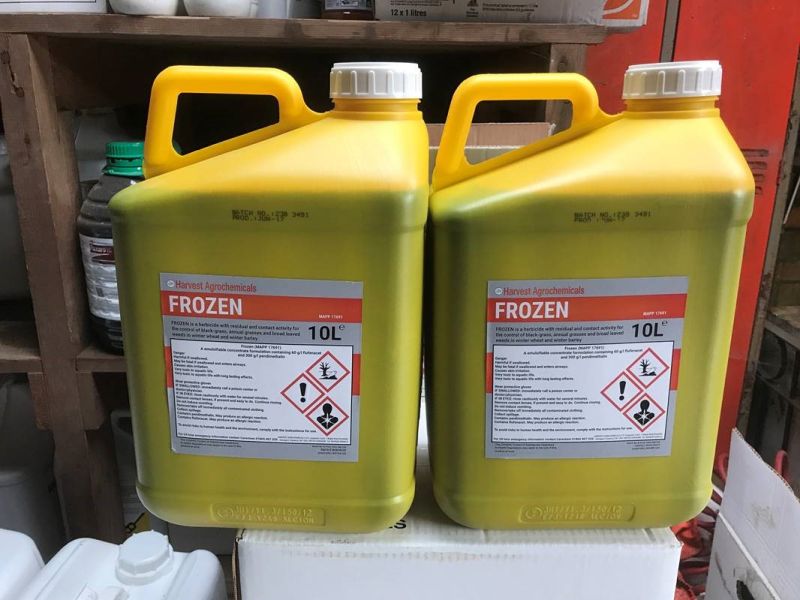
German chemical giant BASF has obtained a High Court judgement against the director of Harvest Agrochemicals Ltd in a 'passing off' case.
BASF took action against the company in a 'passing off'case, used to enforce unregistered trade mark rights.
The EU's High Court of Justice took action against Harvest Agrochemicals Limited (Harvest) and its sole director, Michael Robert Cubitt Sielly.
BASF successfully obtained a default judgement against Mr Sielly. The application for judgement against Harvest has been adjourned because the company has recently been placed into administration by Mr Sielly.
BASF commenced proceedings against Harvest and Mr Sielly claiming that Harvest sold product under the name Frozen/Neptune that was not compliant with its parallel trade permit, because the source material was not a product made by BASF, as required by the permit.
The case was supported by analytical evidence that the samples of Frozen tested were of unknown origin and not BASF product.
Neither Harvest nor Mr Sielly submitted any defence to the claim, as a result of which BASF asked the Court to give judgment in default in its favour.
The Chief Master of the High Court has now given default judgement and injuncted Mr Sielly from being involved in importing or selling the Frozen/Neptune product complained of.
'Fully aware'
The chemical giant said it wants to ensure that the market and growers are "fully aware" of this judgment.
Rob Gladwin, Head of Technical Management for BASF Crop Protection in Northern Europe said: “Proving a case like this takes time and investment. Parallel trading is part of the EU free market, and we do not wish to interfere in this legal activity.
“However, BASF will act, where we feel our reputation and that of our products is being put at risk.
“It is worrying that individuals continue to profit from such activities and risk the integrity of the industry by enticing people into buying a product in the false belief that it is a genuine BASF, UK compliant product.
“The case highlights that agronomists and growers need to be vigilant about what they are purchasing and the implications of buying something that isn’t UK compliant. My advice is that if in doubt, do not buy,” Mr Gladwin said.
BASF will be continuing proceedings to recover costs and damages against Mr Sielly, and in due course against Harvest.
